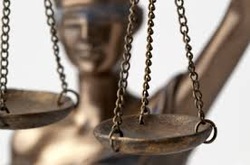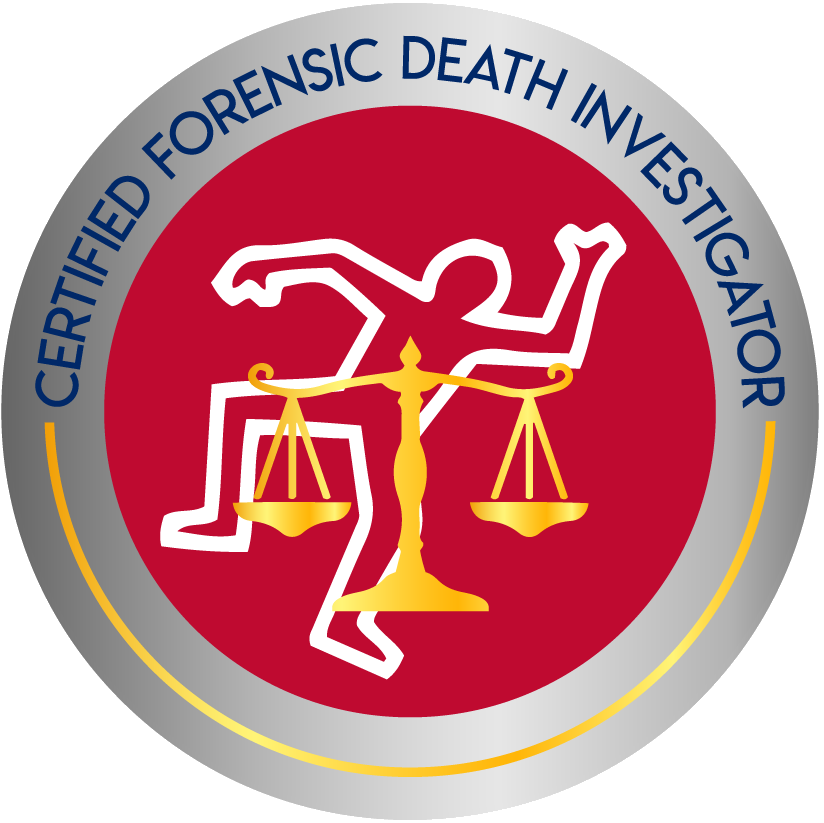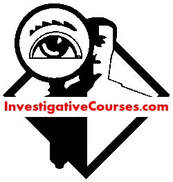
(adapted from Dean’s book – Practical Methods for Legal Investigations: Concepts and Protocols in Civil and Criminal Cases). This commentary is posted at
In this textbook (for classrooms and Certified Legal Investigator testing), Dean describes five protocols to conducting and completing investigations. They are Prepare, Inquire, Analyze, Document and Report. It is available at www.PracticalMethodsForLegalInvestigations.com
1. As there are often at least two scenes to every event, so too are there are at least two sides to every event – every party has a story to tell. The parties know their own truth (which may not be the truth).
Direct witnesses only know what they see, hear, touch, smell and taste. Circumstantial witnesses only know what they are told and what they may sometimes see. Each person, regardless of involvement, has a limited view – their own. However, non-parties have only a myopic view. This may be so distorted that it is often considered discredited unless independently verified otherwise.
2. In continuation of these limited and myopic views, emotions run high and are not synonymous with information or fact. Rumor and innuendo are eliminated through the effective use of a defined investigative protocol.
As part of this investigative protocol, the legal investigator is tasked with evaluating the known information with the verified facts, and then these criteria with that which the parties and witnesses communicate with them.
3. The litigants must listen to their legal counsel, even if it is contrary to their desires, intent or purpose. This advice may not be known to others or shared by the parties.
The legal investigator, retained by an attorney, is an agent of the attorney and is bound by the same laws, rules and ethics. The legal investigator cannot disclose any confidential attorney-client or attorney work-product matters. At times statements may be made, such as by uninvolved persons or potential witnesses, that reflect the limited or informed knowledge. The legal investigator cannot correct the person or have any discussions that may jeopardize the legal standing of their client.
4. Most often there are statutory requirements and court orders that the parties must comply with. These are often without the knowledge of uninvolved persons and may carry significant penalty if disregarded or violated.
Consistent with the above, the legal investigator may be privy, although typically very limited, to both legal strategy and specific legally binding constraints of their client. These constraints may result in actions seemingly contrary to the party’s desires, intent or purpose; or that which a reasonable person may conclude. Similar to ‘pleading the fifth’, there should be no assumptions made as to the party’s desires, intent or purpose – or state of mind.
5. The role of the legal investigator is as complex as it is important. Their role is not to advocate, but to be fact finders for the legal advocate and their client. This is accomplished through conducting and completing the investigation through the effective use of a defined investigative protocol.
The steps of this investigative protocol are:
- Prepare by gathering pertinent universally known information;
- Inquire by reviewing the universally known information, contacting parties and potential witnesses, visit any scenes, review any direct and circumstantial evidence, and develop new information;
- Analyze and assess known information and developed new information to determine its validity and applicability to the instant matter. Eliminate all discredited information, facts and evidence;
- Document all information, facts and evidence in preparation for proper reporting and disclosure; and
- Report the verified information – facts – to the client (most often an attorney, infrequently a private or self-represented party) by verbal or written memorandums and reports.
This assures investigative findings are supported by The AFI-LLC Investigators Theorem is 'As investigators, we are particularly keen to theorem that there is only one answer for the truth and multiple answers for the lies. Similarly, there is often one path to the truth and multiple paths to the lies.'
The intent to balance the scales of our justice system is predicated on the ability of the attorney to effectively advocate for their client. A vital and integral component is the legal investigator. Specialized skills and knowledge, together with education, training and experience, may greatly enhance the legal strategy through effective development of information, verified facts and presented evidence.
© July 2014 by Associates in Forensic Investigations, LLC
A licensed, bonded and insured Rocky Mountain West Agency (CO, WY & SD)
Expert Consultants and Legal Investigators
Personal Injury, Negligence & Death in Civil, Criminal and Probate Litigation
Dean A. Beers, CLI, CCDI and Karen S. Beers, BSW, CCDI
Cheyenne WY Licensed Private Investigators (No. OL-15-31146)
Board Certified Legal Investigator / Expert
Board Certified Criminal Defense Investigators
Certified in Medicolegal Death Investigations / former Deputy Coroners
www.DeathCaseReview.com
WY - (307) 222-0136 Office and (307) 222-0138 Fax
CO - (970) 480-7793 Office and (970) 480-7794 Fax
'Quaero Indicium' - To Find The Evidence
Dean A. Beers, CLI, CCDI began his investigative career in 1987. He is a Certified Legal Investigator and Certified Criminal Defense Investigator, and expert consultant / witness in criminal defense homicide and civil equivocal death investigations. He is certified in Medicolegal Death Investigations and is a POST certified instructor, and experienced forensic autopsy assistant.
He has lectured extensively and authored multiple articles, peer-reviewed white papers, and provided expert testimony on Protocols of Private Investigation, and Forensic Investigations of Injury Pattern Analysis (including Blood Pattern Analysis) and Death Investigations (including Protocols and Standards), as well as consulted as a subject matter expert in Equivocal Death Analysis, Injury Causation, Time of Death, Crime Scene Analysis, Investigative Protocol, Evidence Protocol, and Forensic Photography.
Karen S. Beers, BSW, CCDI, began her investigative career in 1996, also earning her Bachelor's in Social Work from Colorado State University (Magna Cum Laude). She is also a Certified Criminal Defense Investigator (CCDI) and certified in Medicolegal Death Investigations. In addition to be a subject matter expert in death investigations, her background, education and experience with victim advocacy and counseling are valuable assets in working with families and victims of traumatic events.
As a death investigator Karen was involved in the investigations of all manners of deaths and incidents, training under three Forensic Pathologists. From 2004-2006 she investigated and assisted with numerous death cases and scenes, and assisted with forensic autopsies.
As Team Beers, they have authored two professional books, developed a professional distance learning course and authored over two dozen published articles and white papers that include multiple peer-reviewed and association award winning articles. provide Expert Consultations and Legal Investigations of Death and Injury Causation in Civil, Criminal and Probate litigation – Together We’re Better!
For more additional related commentary in the Pearls, Perils and Pitfalls of being a Professional Investigator, we invite you to consider and share the following.
The Quint-Essential Qualities of a Professional Investigator...
Not all private investigators and legal investigators are the same. There are five core principles that professional investigators universally possess and practice. These are available at
http://www.deathcasereview.com/1/post/2013/03/the-quint-essential-qualities-of-a-professional-investigator.html
Skills Appropriate for the Assignment
Law firms and medical offices specialize - Professional Investigators also specialize. Their casework and continuing education should also be in your specialized areas.
Experience and Knowledge
Professional Investigators strive to maintain and further these. All professions have requirements of continuing education. The CLI program requires extensive compliance with continuing education.
Responsible and Ethical Conduct
Every component of the investigation has evidentiary considerations. Professional Investigators hold themselves to a higher standard and leaves no question as to the admissibility of their evidence. Information without ethics is not evidence.
Effective Communication
Professional Investigators maintain communication with the attorney, client, witnesses, and other key persons in the investigation. Moreover, reports are the product of an organized investigation and should reflect the work product you expect.
Keyword - 'Professional'
Honesty, Integrity & Intelligence. These define Professional Investigators and gives you the confidence that your case is in competent and skilled hands.
What should be considered when choosing a professional investigator?
The education, training and experience of private investigators and legal investigators will vary. The following are key points that should be considered when evaluating investigators for the assignment. These are available at http://www.deathcasereview.com/choosing-an-investigator.html
- Licenses and Certifications
- Experience and Reputation
Subject Matter Expertise should be considered. It is beneficial to seek and select investigators that have the respect and reputation amongst their peers to be selected to lecture, teach and author specifically on individual locates and related investigations.
- Reports and Affidavits
- Return on Investigation


